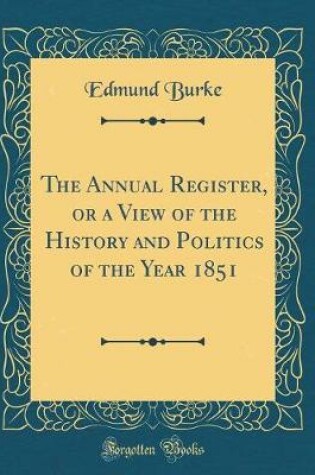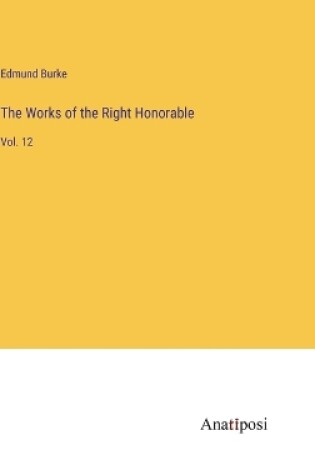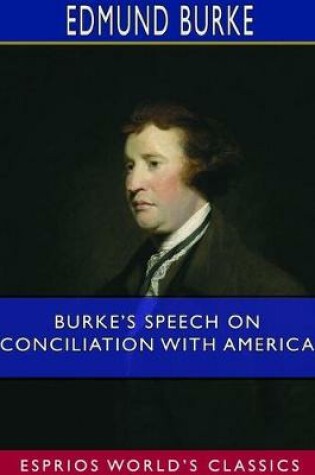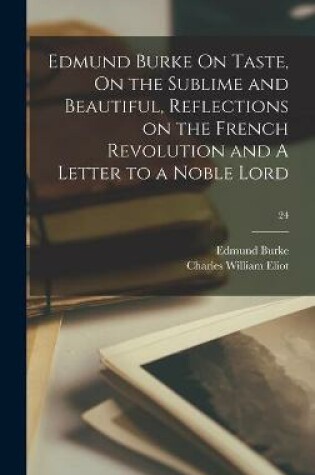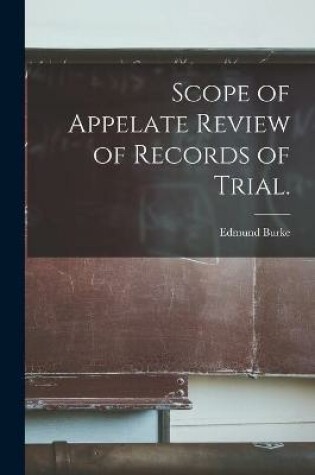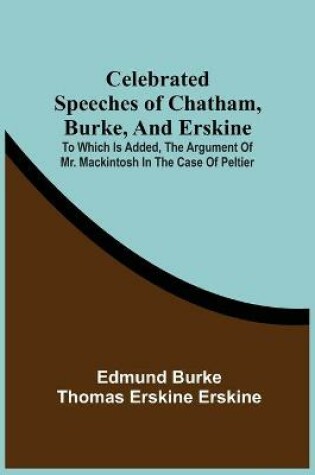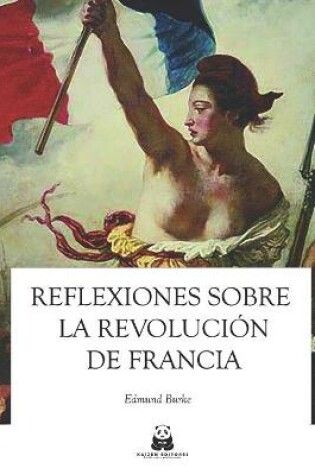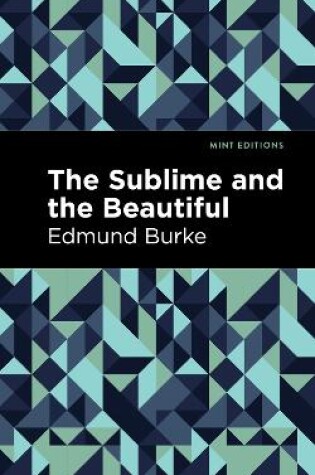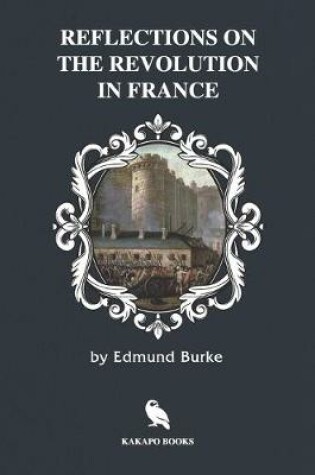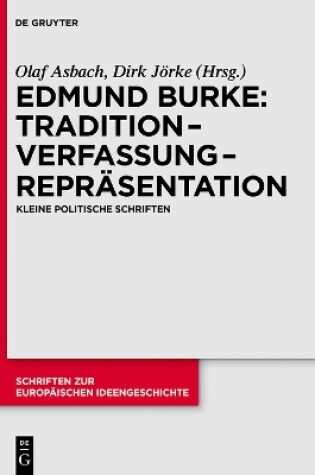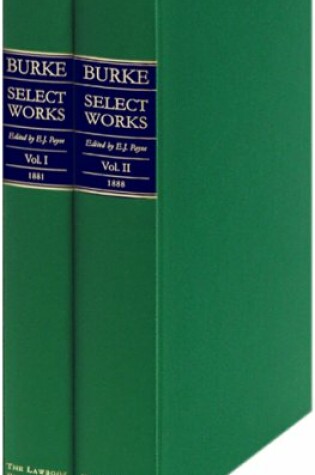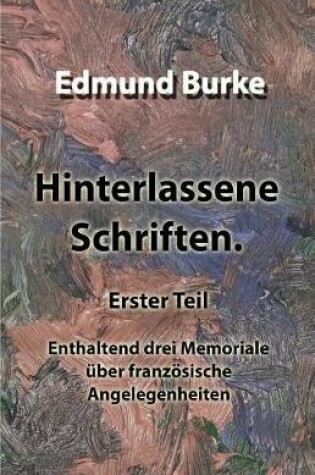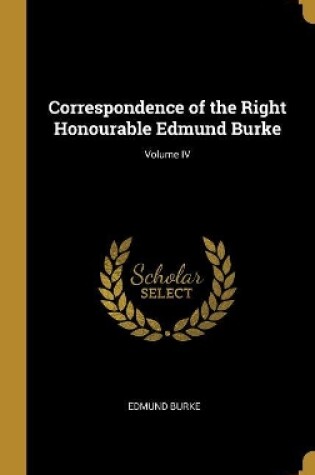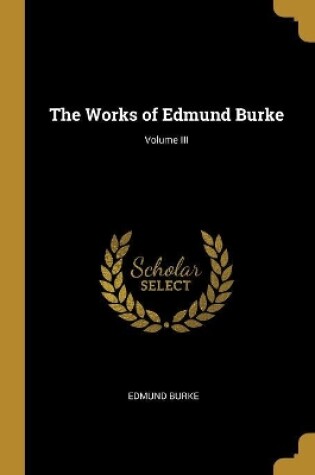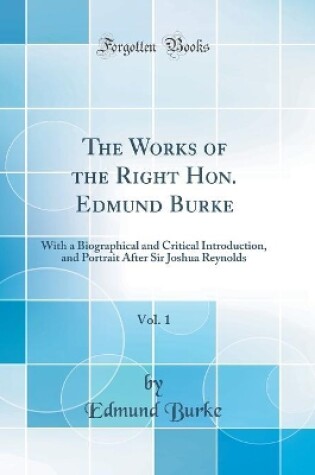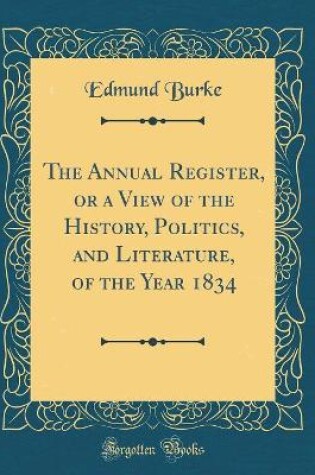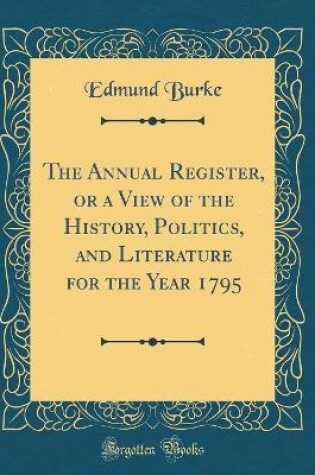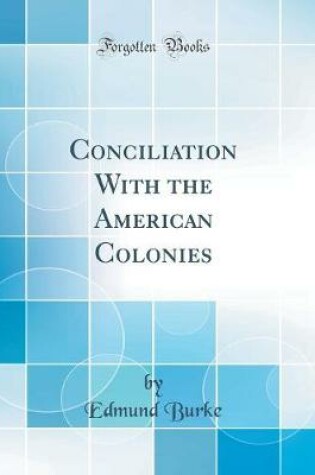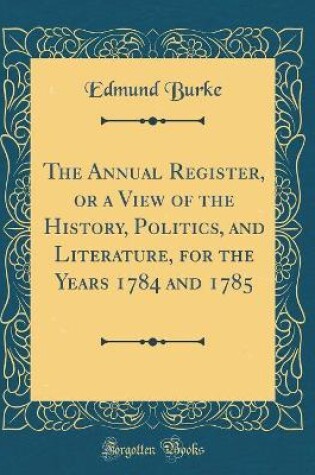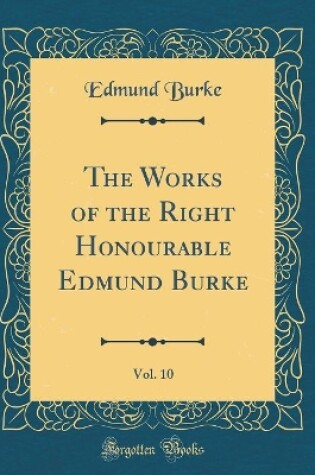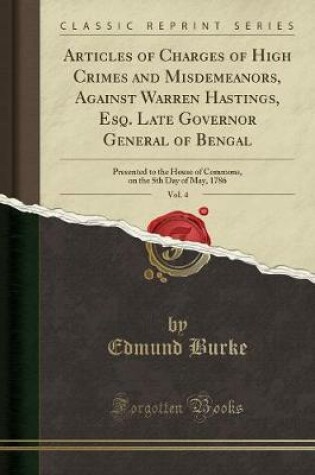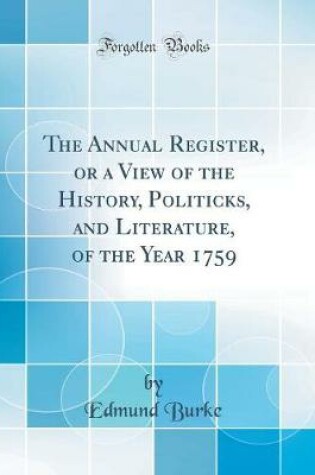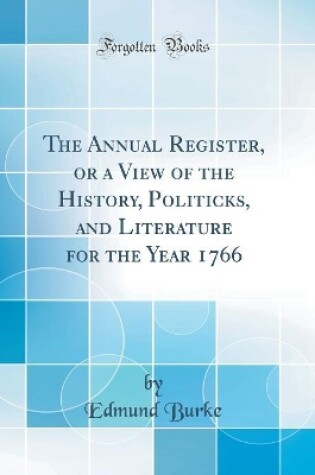Edmund Burke (1729-1797) was an Irish philosopher and member of parliament in the British House of Commons. The son of a Catholic mother and Anglican father, Burke was raised between Dublin and rural County Cork. In 1744, he began studying at Trinity College Dublin, where he founded a debating society and graduated in 1748. Burke traveled to London in 1750 to become a lawyer, but soon abandoned his legal studies in favor of a life of professional writing. His first work, A Vindication of Natural Society: A View of the Miseries and Evils Arising to Mankind (1756) was an ironic reworking of Lord Bolingbroke's infamous arguments for reason over religion. This satire earned Burke the reputation of fearless firebrand and intellectual skeptic which would carry him throughout his career. His two most important publications, arguably, are A Philosophical Enquiry into the Origin of Our Ideas of the Sublime and Beautiful (1757) and Reflections on the Revolution in France (1790). Although a member of the historically liberal Whig Party, Burke is now frequently seen as a foundational figure in the development of modern conservative thought.
